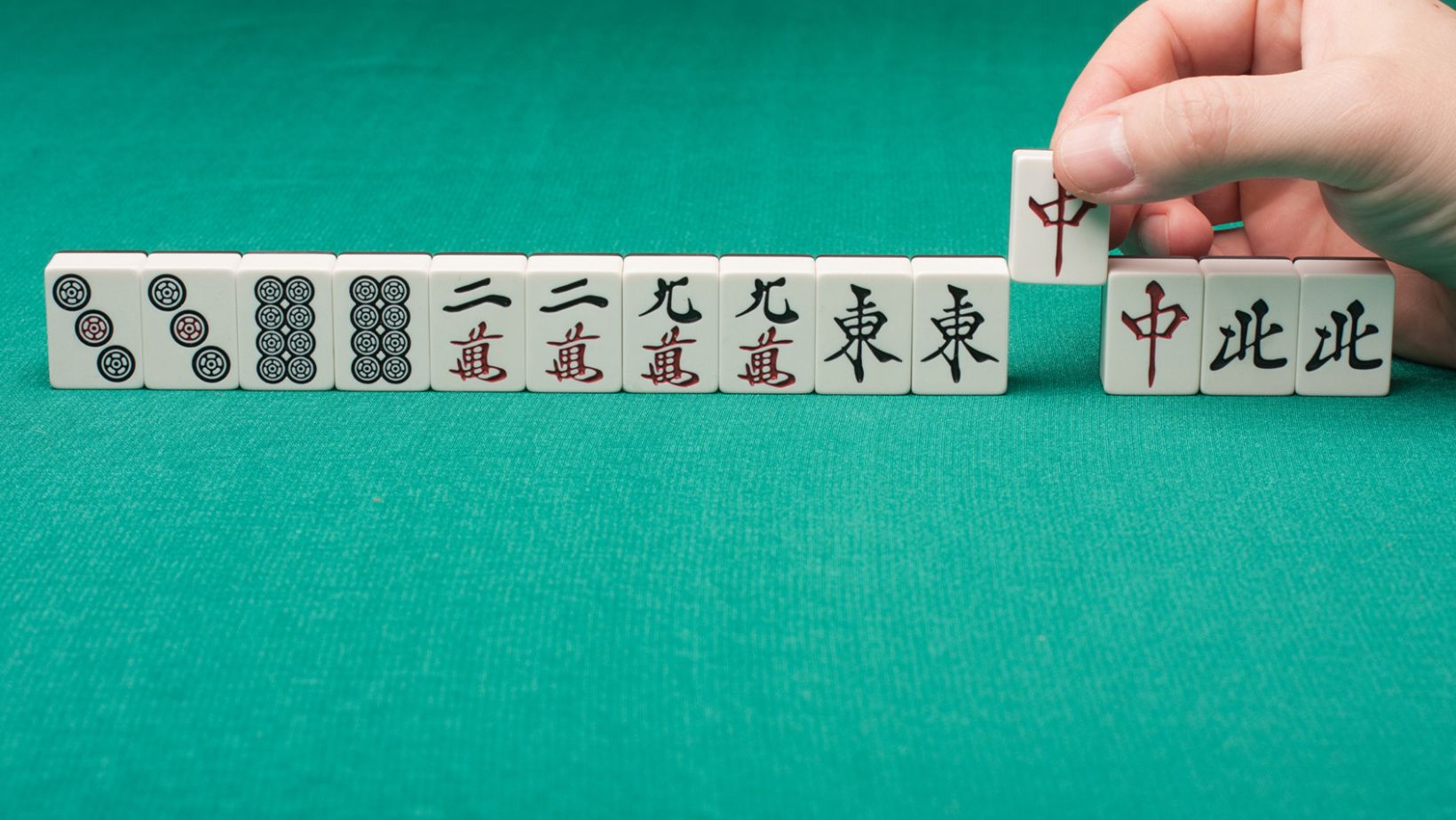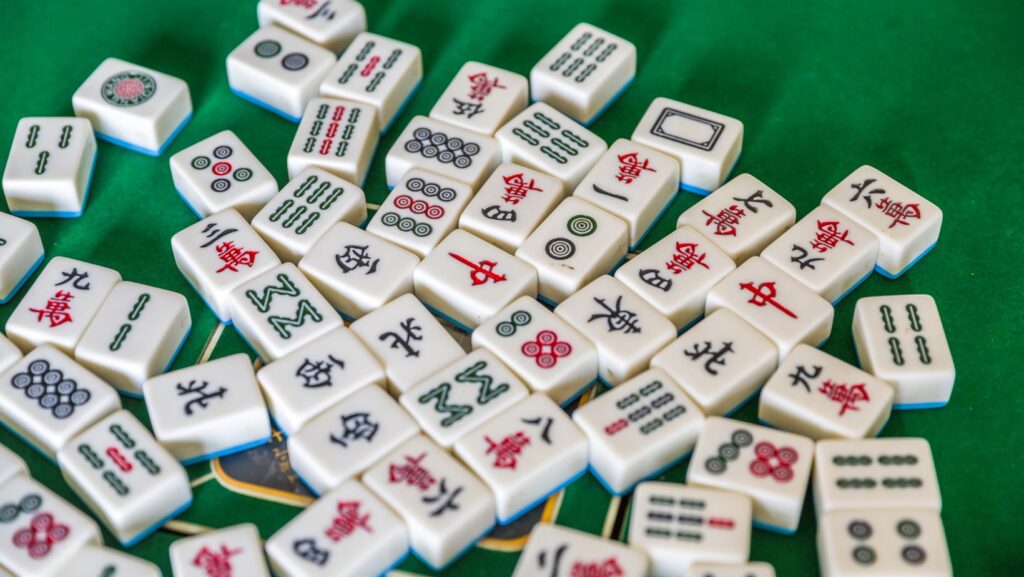Parents will always look to books, sports, and private schooling when encouraging lifelong skills in their kids. While these methods are valuable, there’s another tool worth adding to your parenting toolkit: games. Among these, Mahjong stands out as an engaging, skill-building activity that offers benefits far beyond entertainment.
Let’s look into what makes this game so special, the benefits of playing it, and how you can make playtime a routine as a family.
The Link Between Play and Learning
Play is not just about having fun; cognitive and emotional development also rely on it entirely. Through games, children learn to solve problems, adapt to new situations, and work within rules and boundaries. Strategy games like Mahjong provide the right mix of challenge and enjoyment, making learning feel natural and rewarding. Research shows that strategic play can improve brain plasticity, supporting lifelong learning.
What Is Mahjong?
Mahjong is a tile-based game that originated in China. Since then, people across the globe have been playing it for centuries. While adults have traditionally enjoyed the game, more and more young people have been playing it. The game requires focus, memory, pattern recognition, and strategic thinking, making it a well-rounded activity for growing minds. Because you can adjust the complexity of the game in certain variations, kids can feel challenged without feeling frustrated due to its difficulty.
In addition, Mahjong is a refreshing alternative to screens for many families. The tactile nature of the tiles, combined with face-to-face interaction, makes it an enriching pastime that engages the mind without digital distractions. Parents find that regular game sessions can also help reduce screen dependency and encourage more creative play.
Introducing Mahjong can also spark curiosity about history, geography, and culture. Parents can use the game as a gateway to explore Chinese traditions, art, and even language. This cultural dimension adds depth to the experience, turning a game night into a meaningful learning session.
The Cognitive Benefits
One of the key benefits of playing Mahjong is the way it strengthens memory and concentration. Remembering tile placements, tracking moves, and anticipating opponents’ strategies all train the brain in active recall and attention control. Over time, these skills can improve academic performance, especially in subjects like math and reading comprehension.
Beyond this, Mahjong also offers the following benefits:
Problem-Solving Skills
Mahjong encourages players to think several steps ahead. Children learn to evaluate multiple possibilities, weigh risks, and make informed decisions. They will use these problem-solving skills for years to come — either in their schoolwork or even in their careers. For example, a child might apply the same logical sequencing from Mahjong to solving math problems that take multiple steps.
Pattern Recognition
Recognizing patterns is a core part of learning, whether in math equations, reading comprehension, or understanding scientific concepts.

Mahjong helps kids develop this skill by challenging them to identify and match tiles quickly and accurately.
Stress Relief
Interestingly, games like Mahjong can contribute to stress relief. The rhythmic nature of tile handling, along with the focus required, can be calming for children. This mindful aspect of play promotes relaxation while still engaging critical thinking.
Emotional and Social Development
Beyond brainpower, Mahjong helps develop emotional intelligence. Playing in groups teaches patience, turn-taking, and sportsmanship. Kids learn to handle both winning and losing gracefully, building resilience and empathy. It’s also a great way for children to connect with family members across generations, fostering communication and bonding. Many families use game nights to pass down cultural traditions, and Mahjong can be part of that legacy.
Tips for Introducing Mahjong to Kids
If you’re worried your kiddo will struggle learning how to play or even enjoying Mahjong, utilize these tips:
- Start Simple: Use beginner-friendly rules to help them grasp the basics without feeling overwhelmed.
- Play in Short Sessions: Keep games shorter at first to match their attention span.
- Encourage Teamwork: Pair a child with an adult to guide them through strategies.
- Celebrate Small Wins: Focus on effort and improvement, not just winning.
- Make It a Routine: Incorporate a weekly family Mahjong night to strengthen both skills and relationships.
- Involve Friends: Hosting group sessions can make the game more exciting and help children develop social confidence.
For parents who want to integrate Mahjong into a diversified lesson, you can include counting exercises, probability discussions, and even history lessons about the game’s origins. This turns each match into a multi-subject learning opportunity. You can also connect the strategy aspects to STEM learning by discussing mathematical probability or logical reasoning in gameplay.
Mahjong is the Key to a Happy, Healthy Family
Mahjong is more than a game; it’s a tool you can use to boost your child’s cognitive, emotional, and social skills. By introducing this timeless strategy game, you can help your child develop sharper thinking, better focus, and stronger connections with others, all while having fun. By integrating the game into your routine, Mahjong can become a cherished part of your family’s learning and leisure time, supporting your child’s growth in ways that extend well beyond the game.

